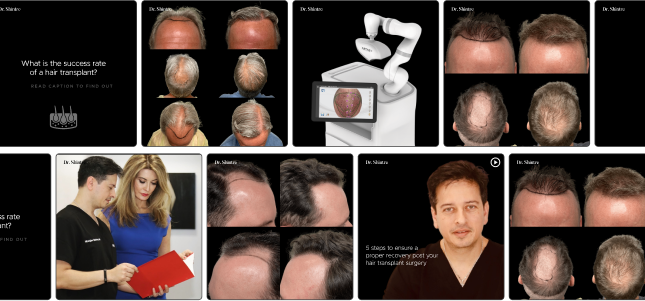Hair loss is a common challenge, but with a wealth of medications and treatments available, it is a challenge that can be surmounted. Your journey toward hair restoration hinges on the type and severity of your hair loss, in conjunction with your individual circumstances. Relying on the guidance of a healthcare professional is fundamental in ascertaining the most tailored treatment plan to address your unique needs. Maintain an unwavering commitment to your chosen treatment regimen, as noteworthy results often transpire over time. By embracing the right approach and exercising patience, you can embark on a transformative path to regaining a fuller head of hair and bolstering your self-esteem. Our prescription grade topicals customized for men and women can stop hair loss and prevent future hair loss. Our sulfite and paraben free products can nurture overall scalp health. Laser Cap is a medical-grade, portable and hands-free low-level laser therapy device that promotes hair growth, increases new hair count, improves hair mass index, and reduces future hair loss. Our cutting-edge, non-invasive treatment modalities such as somatic and non-somatic regenerative nanoparticles, topical and injectable therapies combined with PDO (polydioxanone) threads, Follicular Unit Extraction (FUE) hair transplant surgery. Ask your hair loss expert what’s the best treatment for you. Call now or request your online consultation. Don’t wait until it’s too late! read more
